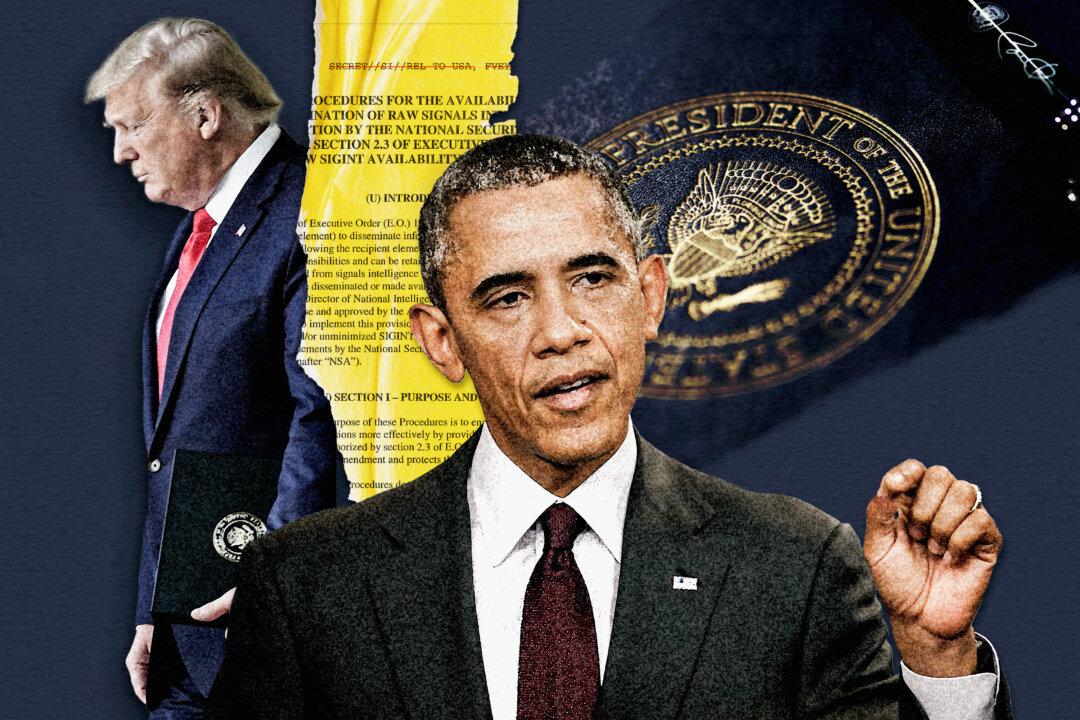News Analysis
The FBI’s use of warrantless “backdoor searches” of a vast amount of information known as the Section 702 database—which is intended for targeted surveillance of foreign persons located outside the United States—to spy on Americans is far more widespread than previously thought, according to a new report from the Office of the Director of National Intelligence (ODNI).





